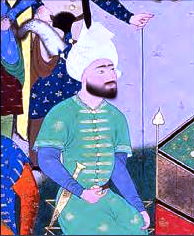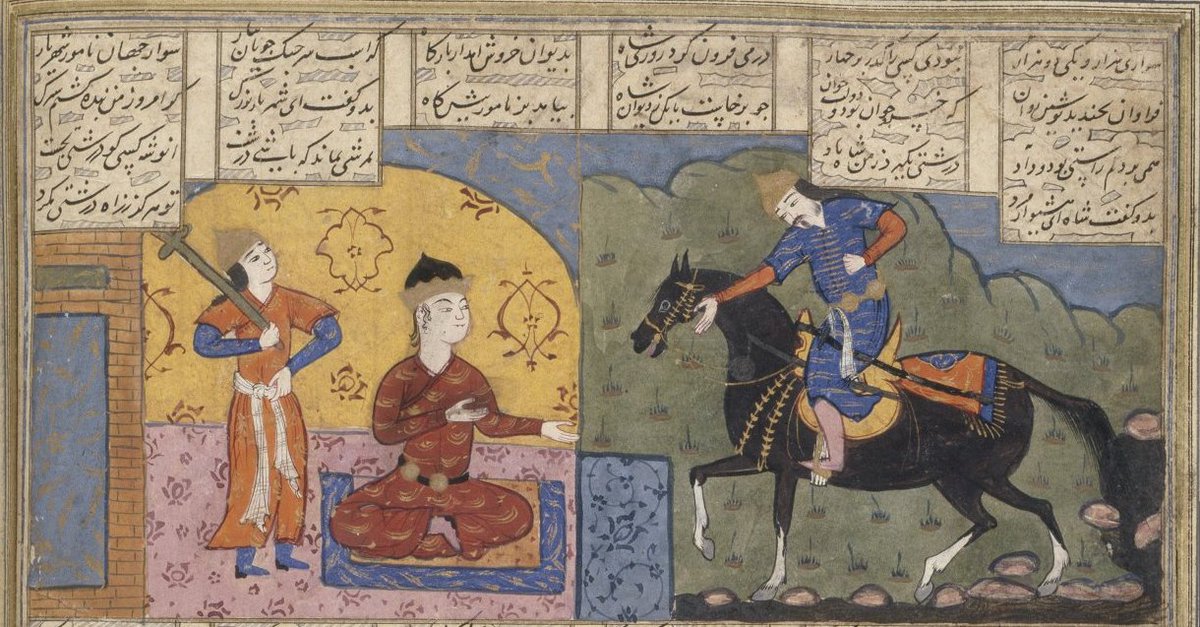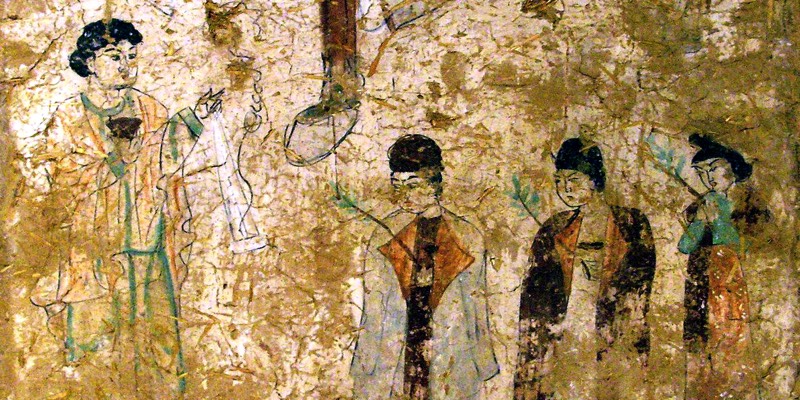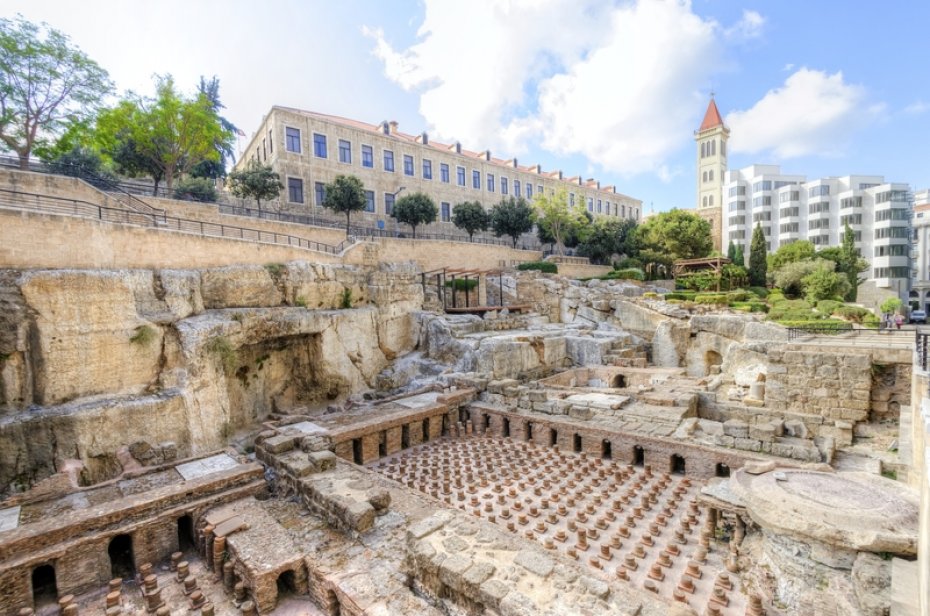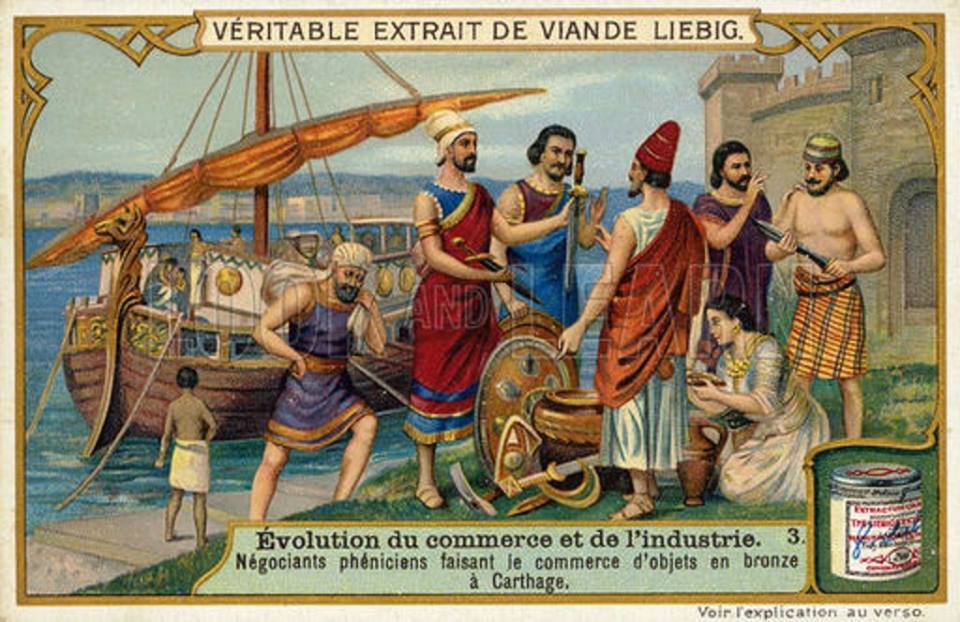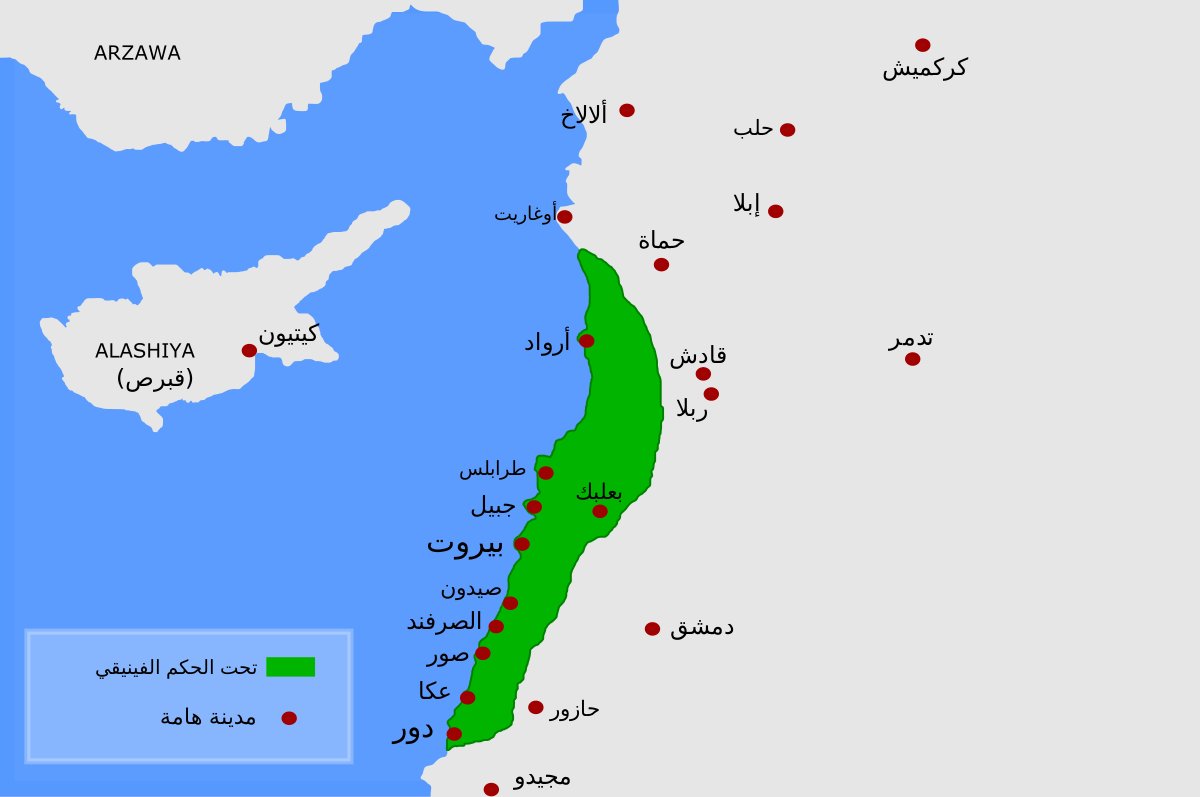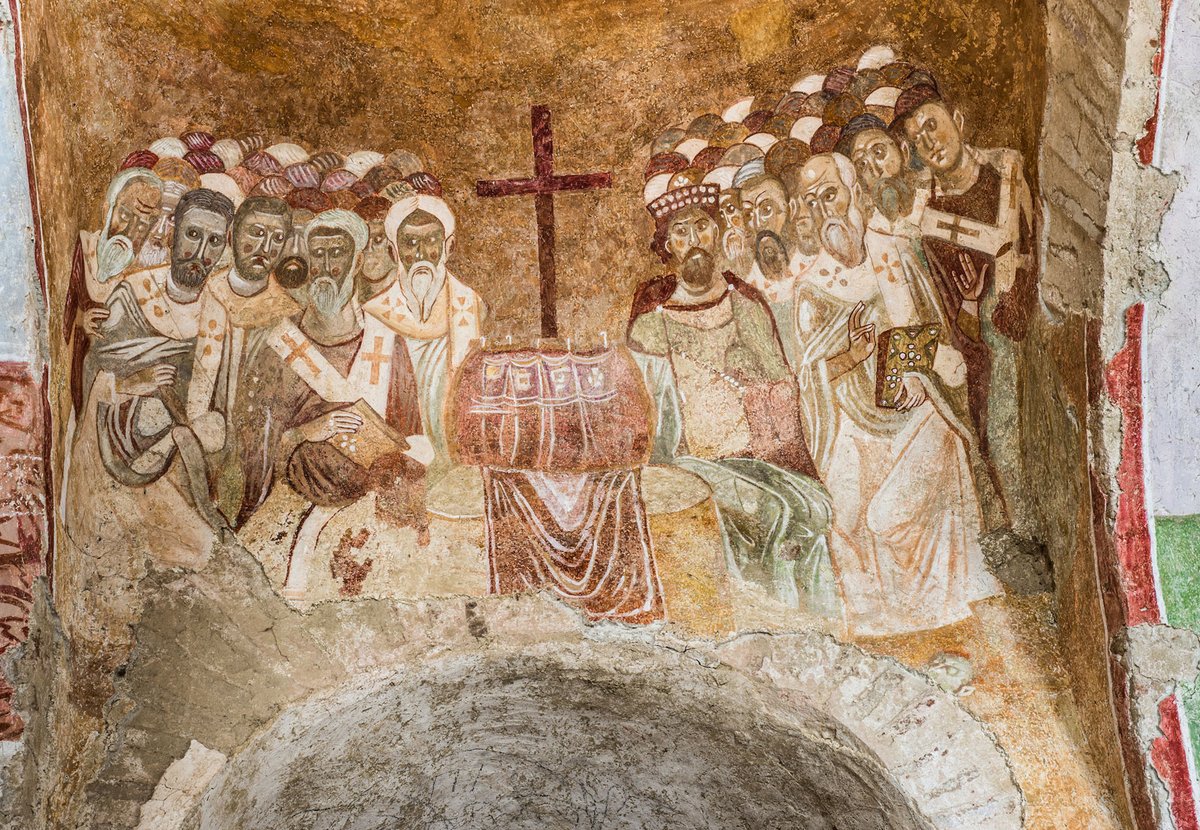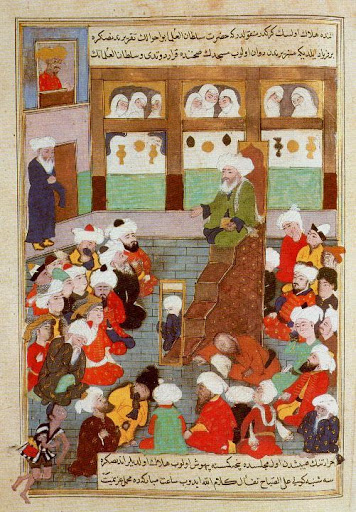
Tomorrow is the world’s most anticipated democratic election.
But did you the only person to explicitly condemn absolute DICTATORSHIP and hold PARLIAMENT in the Qur’an was a WOMAN ?
Check it out!
#USElections2020 #ElectionDay #Democracy
But did you the only person to explicitly condemn absolute DICTATORSHIP and hold PARLIAMENT in the Qur’an was a WOMAN ?
Check it out!
#USElections2020 #ElectionDay #Democracy

Q 27:23-44 re-tells the biblical story of King Solomon conquering the Queen of Sheba (Saba’, South Arabia), & made famous in the medieval Ethiopian national epic, “the Glory of Kings” (Kebra nagast). In the passage following the hoopoe’s mission, king Solomon sends a stern letter 

..demanding the queen’s unconditional surrender (vv. 28-31). Upon receiving the harshly worded epistle the queen, like all true leaders, soberly consults with her advisors without whom she makes no decision (v. 32). 

They deliberate yet nevertheless defer to her wisdom, whereupon she utters words of eternal wisdom,
“When kings enter a city, they devastate it, and subjugate its dignified people. Thus they always do” (vv. 33-34).
“When kings enter a city, they devastate it, and subjugate its dignified people. Thus they always do” (vv. 33-34).

King Solomon is clearly the ‘bad guy’. The queen is the good one! Though she is unnamed, the queen cannot be the legendary/fictional Makeda-Queen of Sheba. The story is, rather, about empress Zenobia of Palmyra (d. 274) & Roman emperor Aurelian (d. 275), as suggested by Tabari 

Zenobia held a large council, but her trusted inner circle were four men of the highest repute: generals Zabbai & Zabdas, philosopher Longinus, & bishop Paul of Samosata. Democracy was instrumental to Palmyra’s survival, & defense against Rome. But it would not last. 

Q 27:22-44 qur’anizes the stories of emperor Aurelian and empress Zenobia, transforming them into king Solomon and the queen of Sheba. The story is, largely about the victory of masculinity over femininity, implanting the one God of Solomon as justification for the conquest & 

humiliation of the queen and her people..The idea of oriental despotism vs. western democracy is a stereotype. Consultative bodies & council-based elections were normative in Pre- & early Islamic Arabia. 

The spread of the Greek polis (“city”) and&especially Syrian, Phoenician and Arab ethnoi (“nations”) developed simultaneously. “Arabs” were an integral part of the major metropolises of Palmyra, Dura Europos, Bosra, Gerasa, and Apamea, housing civic councils 

Secular codes of law, governance and commerce were written and publicly available. Long after the Athenians and much before Islam, and for better or for worse, Arabian communities became seasoned practitioners of pre-modern democracy, public law and capitalism. 

Early believers maintained the ancient Arabian institution of holding council (shura; Q 42:38), including elections for the first four Caliphs (ca. 632-656). This did not prevent civil war and the rise of dynastic imperialism.. 

– A lesson that Democracy does not guarantee political stability, just like today!
On that note, happy US election day & stay tuned for my book on queenship and prophecy in late antique Arabia!
On that note, happy US election day & stay tuned for my book on queenship and prophecy in late antique Arabia!
• • •
Missing some Tweet in this thread? You can try to
force a refresh




